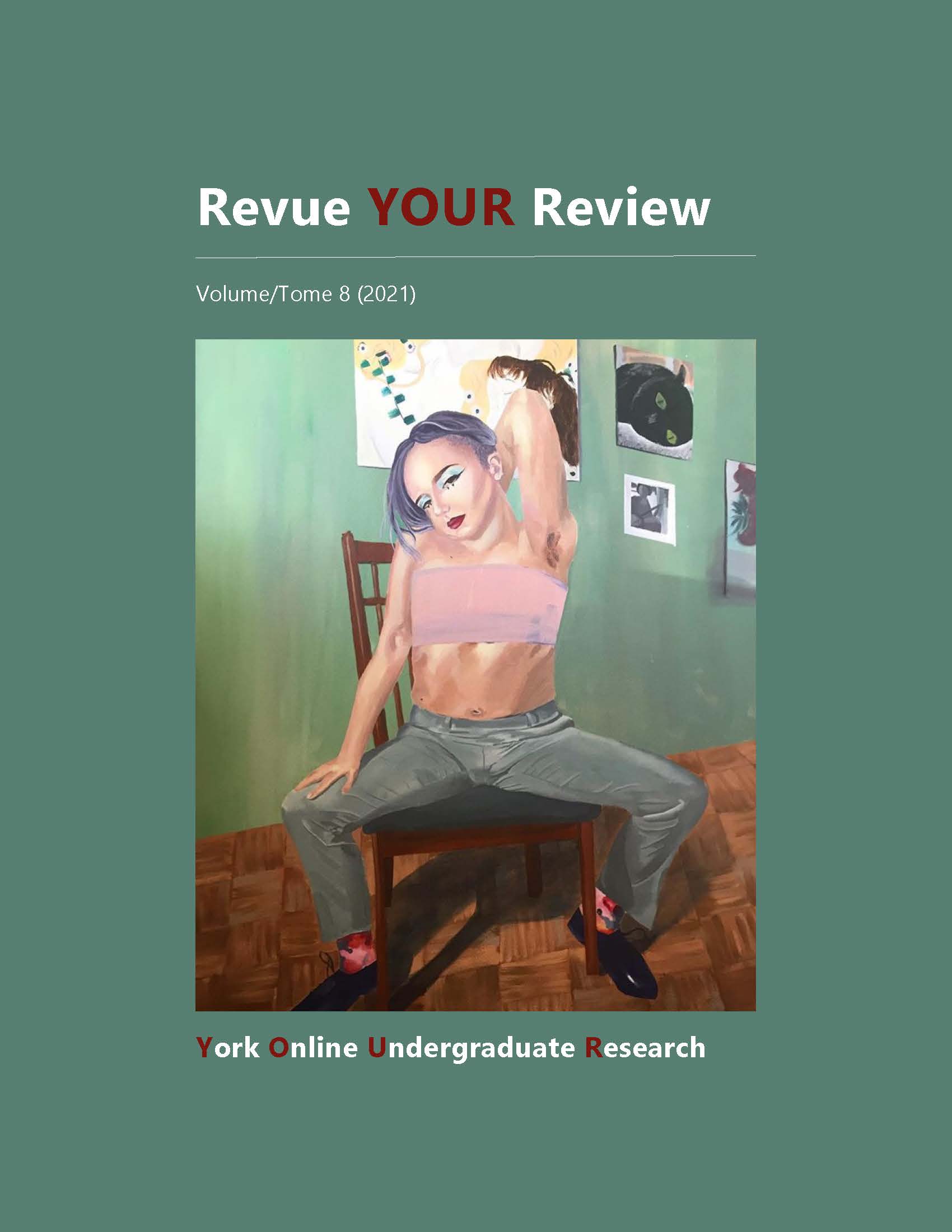Are there subtypes of gamers, more at risk of developing pathologies?
Résumé
Video gaming is a common hobby among people of all ages. However, when enjoyed in excess, it can lead to disordered behaviours. Internet Gaming Disorder (IGD) is a disorder
characterized by pathological gaming habits that last for at least twelve months (WHO, 2018; DSM-5, 2013). Little research distinguishes high- from low-risk gamers regarding the development of other disordered behaviours or comorbidity with mental health issues. The current study, an exploratory data analysis, assesses the risk of gamers’ developing other pathological behaviours and comorbidity with mental health issues such as social anxiety, depression, ADHD, problematic gambling, or substance dependence. The study is a secondary analysis of an existing data set. We identified three different subtypes of gamers, with only one group showing significant emotionality, gaming habits, and addictive behaviours. The other two subtypes were a normative class and a class of gamers with high levels of pathological emotionality but no addictive behaviours other than the diagnosis of IGD.
Téléchargements
Publié-e
Comment citer
Numéro
Rubrique
Licence
LicenceLes auteurs qui contribuent à la Revue YOUR Review acceptent de publier leurs articles selon une des trois catégories de la licence 4.0 : Creative Commons Attribution 4.0 International; Creative Commons Attribution-Pas d'Utilisation Commerciale 4.0 International; ou Creative Commons Attribution-Pas de Modification 4.0 International. Tout contenu éditorial de ce site ainsi que les affiches et les résumés sont sous la licence Creative Commons Attribution-Pas de Modification 4.0 International. Pour plus d’informations, veuillez voir :
https://creativecommons.org/licenses/
Dans tous les cas, les auteurs conservent leurs droits d’auteurs et concèdent à la Revue YOUR Review le droit de première publication. Les auteurs peuvent, par la suite, conclure d’autres accords de distribution non exclusifs de la version publiée dans ce périodique (par exemple, l’afficher à un dépôt institutionnel ou le publier dans un livre ou dans un autre périodique) à condition que la reconnaissance fasse mention de la publication originale dans la Revue YOUR Review.


